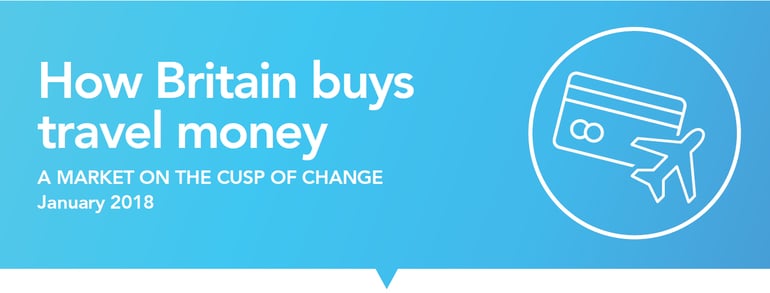
Consumers are being warned to be wary when they pay for hotels, food and drink overseas.
When Brits travel overseas and pay with plastic they are sometimes offered the choice to pay in pounds and nearly 30% of them accept that option, according to research by Consumer Intelligence for European Money Week. Many consumers say they are confused about what to do with one saying “I can’t remember which is the cheapest.”
However, this means that they have little or no idea about what other charges they might be letting themselves in for. The exchange rates are often much more expensive than if they paid with cash or with a pre-paid card.
So what is the best thing to do?
“You are nearly always going to be worse off paying in pounds when overseas and you are better off making sure that you use the calculator function on your mobile phone to check the rate.” Says Ian Hughes at Consumer Intelligence.
Travel money: how Britain buys travel money
 Consumer Intelligence’s biannual travel money survey reveals a detailed picture of the UK travel money market. Our last survey involved 1,096 online interviews in October 2017. Here are some highlights.
Consumer Intelligence’s biannual travel money survey reveals a detailed picture of the UK travel money market. Our last survey involved 1,096 online interviews in October 2017. Here are some highlights.



Submit a comment